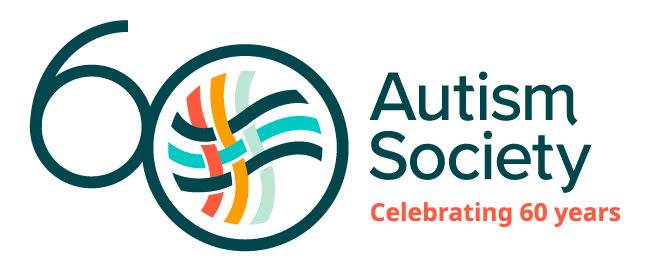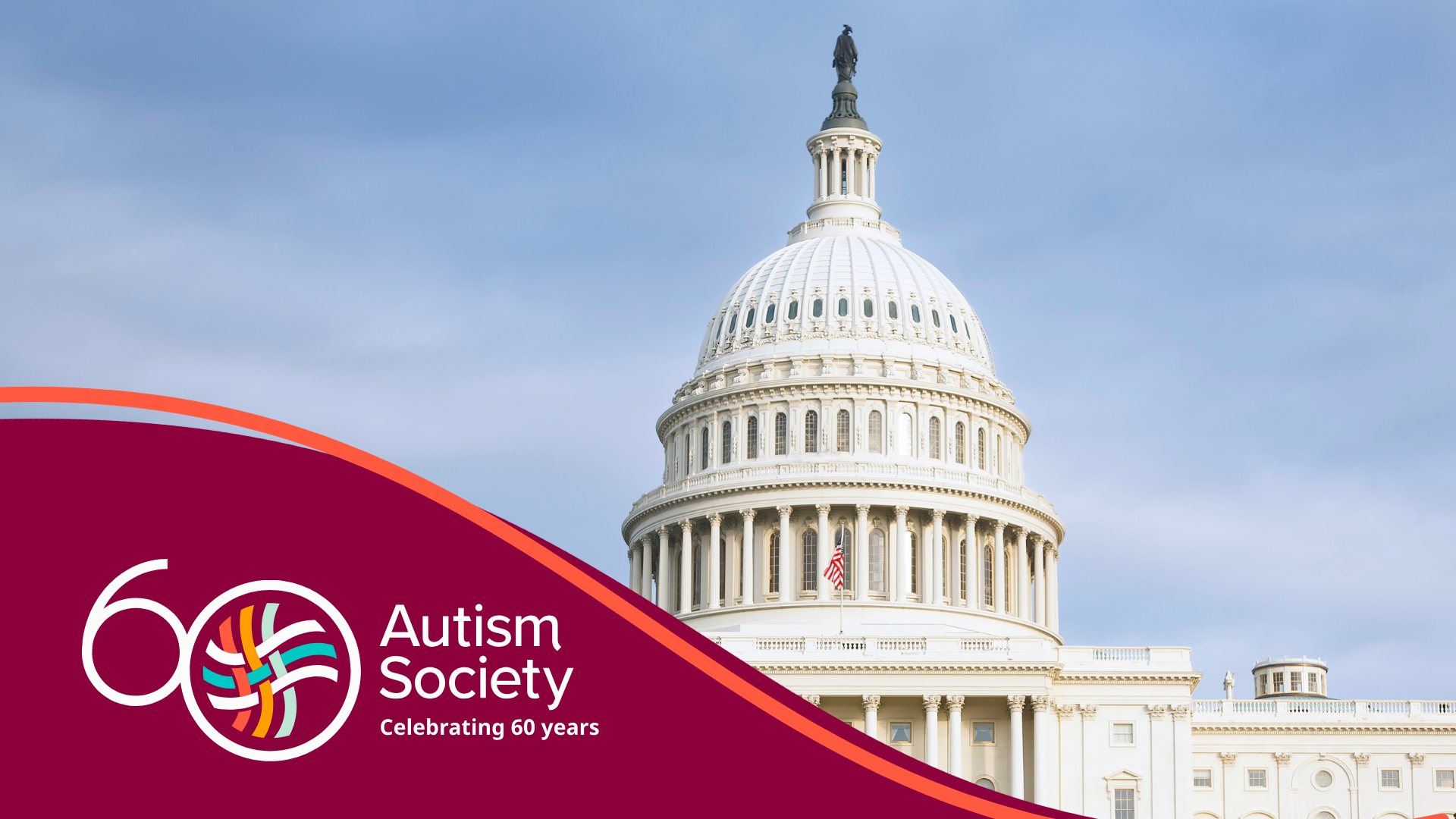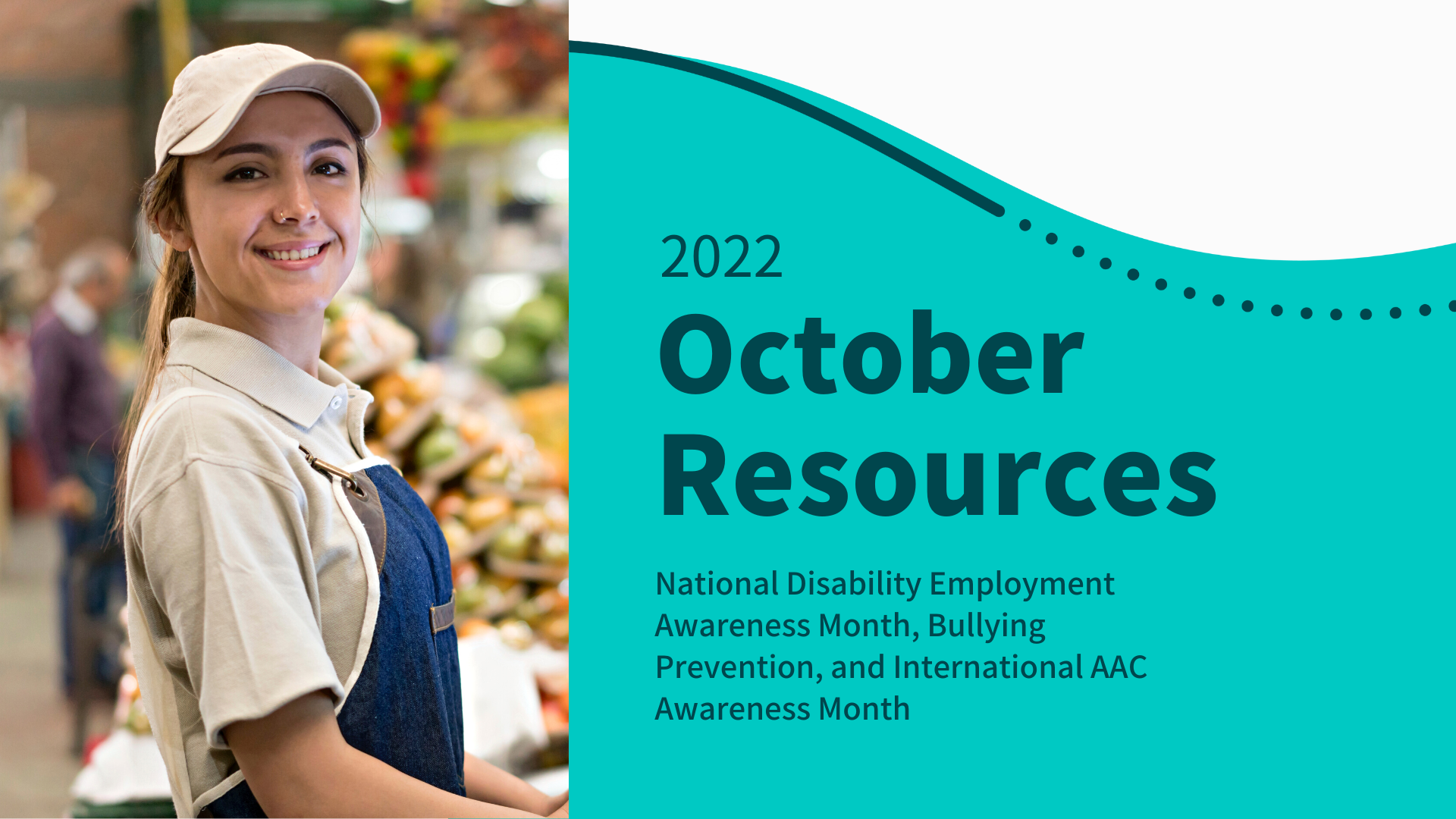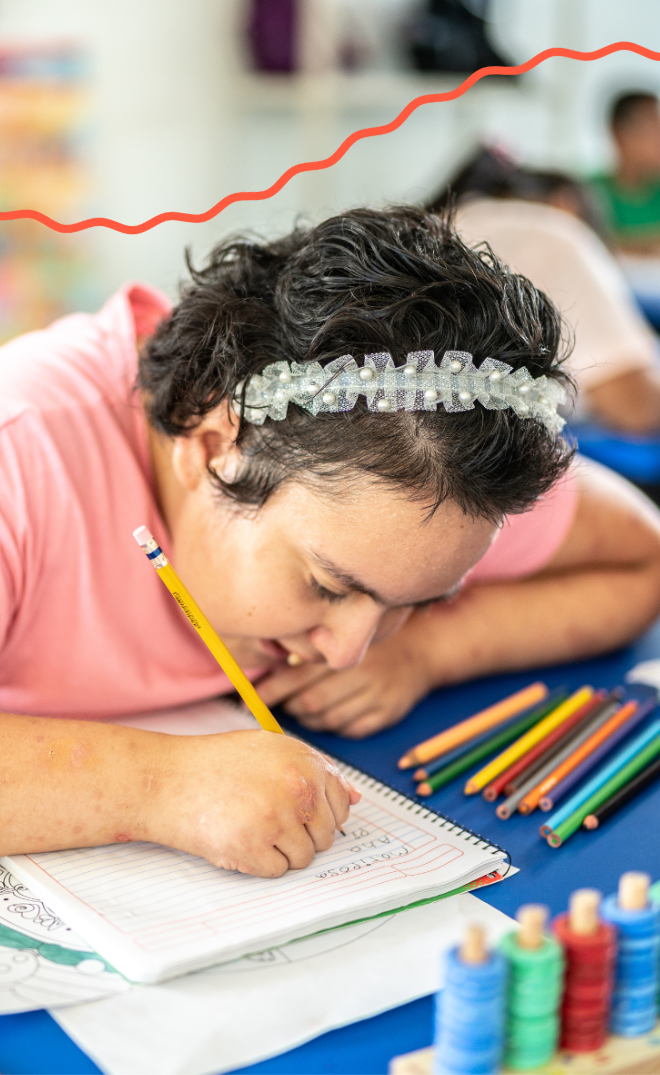
In this issue of Capitol Connection, see how Congress and the Administration are celebrating the 50th Anniversary of the Rehabilitation Act and using the event to create awareness and take action to increase access to competitive, integrated, employment for people with disabilities. An update on congressional action to pass annual funding bills is also included. Please use the Autism Society’s Action Center to educate your Members of Congress to support funding for Autism related programs.
Congressional Updates
Budget and Appropriations
President Biden signed a continuing resolution (CR) to keep government programs running while Congress works to pass the 12 annual appropriations bills. The Senate passed the House-passed 45-day extension (88-9) just hours before a much-anticipated government shutdown. The House passed a bipartisan CR earlier in the day on Saturday by a vote of 335-91. The bipartisan House CR marked a sharp turnaround from 24 hours earlier when a partisan CR containing nearly 30 percent cuts to most domestic programs was defeated. The deal also included funding and authority for USDA to spend all that is necessary to cover eligible individuals for WIC, extending the expiration of the Federal Aviation Administration, community health centers, as well as $10 billion in emergency disaster relief.
The Autism Society signed onto a Sept. 12th coalition letter with over 680 organizations, urging Congress to pass a clean continuing resolution to keep government programs running while they work out their differences on funding bills. On Thursday, September 28, the Autism Society issued an Action Alert urging our grassroots to make calls to Congress with a similar message. Thank you to those of you who took action.
Primary Care & Workforce Expansion Act
The Senate Health, Education, Labor, and Pensions (HELP) Committee passed the bipartisan Primary Care and Workforce Expansion Act (S. 2840) on a 14-7 vote. The bill provides increased investments for community health centers to provide expanded hours, school-based health centers, funding in the event of a national disaster, and funding to reduce avoidable emergency room visits. The bill also provides funding for increased training for doctors, nurses, dentists, mental health professionals, and more. The bill is led by Chairman Sanders (I-VT) and Senator Marshall (R-KA). It now moves to the full Senate for a vote.
Voting Rights Act
Representative Sewell (D-AL) introduced the John R. Lewis Voting Rights Advancement Act (H.R. 14). This bill restores and enhances previous protections that were promised in the Voting Rights Act of 1965. The bill provides protections for people with disabilities, ensuring that they do not face discrimination when voting. The bill is cosponsored by 212 Democrats in the House of Representatives. The next step is for the bill to be introduced in the Senate.
Administration Updates
The Rehabilitation Act 50th Anniversary
To celebrate the 50th Anniversary of the Rehabilitation Act, the Biden Administration hosted a disability policy forum on Tuesday, September 26. Speakers included Xavier Becerra, U.S. Secretary of Health and Human Services, Alison Barkoff, Administrator of the Administration for Community Living, Julie Su, Acting U.S. Secretary of Labor, Miguel Cardona, U.S. Secretary of Education, among others.
On Wednesday, September 27, Senator Casey (D-PA) hosted a roundtable discussion to commemorate the anniversary and highlighted speakers such as John Wodatch, a Disability Rights Lawyer, Christina Curry, the New York City Commissioner for the Mayor’s Office for People with Disabilities, and Taryn Williams, the Assistant Secretary of Labor for Disability Employment. A link to watch the presentation is here. The Autism Society participated in both events.
Most recently, the Autism Society was invited to the South Lawn of the White House to celebrate the 33rd anniversary of the Americans with Disabilities Act (ADA) and the 50th Anniversary of the Rehabilitation Act of 1973. VP Harris and the First Gentleman were also in attendance.
NDEAM
The White House released a proclamation declaring October National Disability Employment Awareness Month (NDEAM). The Biden Administration has taken multiple actions to promote and protect workers with disabilities. This includes an Executive order that mandates Federal agencies identify and remove barriers to employment for people with disabilities, ending the use of subminimum wages in Federal contracts, and promoting competitive integrated employment. Read more on the Administration’s actions for NDEAM here.
Subminimum Wage
The Department of Labor released a statement to celebrate both NDEAM and the 50th Anniversary of the Rehabilitation Act where they announced the launch of a comprehensive review of the 14(c) subminimum wage program. The Autism Society will monitor this development as the Department of Labor seeks stakeholder input.
IACC Strategic Plan
The Interagency Autism Coordinating Committee (IACC) released its 2021-2023 strategic plan which highlights the work the committee has done in the last three years as well as the feedback they have gotten from the public. As in previous years, the IACC Strategic Plan is organized around seven general topic areas that are represented in the Plan as community-focused questions. There are 24 recommendations focused on activities to improve health, well-being, and outcomes for Autistic people in all communities. The next IACC meeting will be held on Tuesday, October 11. The meeting agenda and a link to the telecast are on the Committee’s website.
NIH Designation
The National Institute of Health (NIH) recently announced that people with disabilities are going to be designated as a population with health disparities. This designation will increase access to funding and resources for people with disabilities. This decision comes after the Autism Society led a coalition task force letter urging for this change. NIH’s announcement also comes as the Health Resources and Services Administration (HRSA) announced a new $8 million through 18 awards to train primary care medical students, physician assistant students, and medical residents in providing culturally and linguistically appropriate care for individuals with limited English proficiency and individuals with physical or intellectual and developmental disabilities. Read our press release here.
New Mental Health Support for Schools Center
The Biden-Harris Administration announced a new $2.6 million award to support mental health services and professionals in schools. This funding was authorized under the 2022 Bipartisan Safer Communities Act and will create a Mental Health Evaluation, Training, Research, and Innovation Center that will disseminate resources to schools nationwide to support students and professionals in schools. The center will also focus on increasing the number of school-based mental health providers.
Disability Harassment Resolution in PA
U.S. Department of Education’s Office for Civil Rights (OCR) announced a resolution with Alleghany Valley School District in Pennsylvania. This resolution focused on a disability harassment investigation where a student reported being physically and emotionally attacked based on their disability. The school and district never reported the incidents, despite one attack being on camera. The district also did not intervene after the mother reported that the harassment was affecting the ability for FAPE to be provided. The school district worked with OCR to form a resolution where the district will train all school staff, review all bullying incidents from the last three years, and complete a climate assessment.
CDC Bridge Access Program
The Centers for Disease Control and Prevention launched a Bridge Access Program last month. This program will provide access to COVID-19 vaccines to adults without health insurance or whose health insurance does not cover the vaccine, for free until December 2024. To find out where to get these free vaccines, visit vaccines.gov.
Share:







